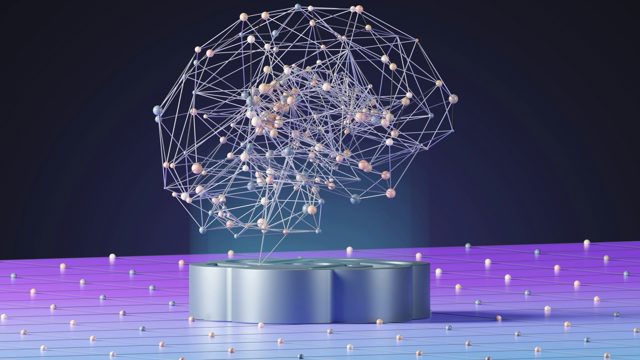< Back to news 
_(2).jpg?version=7134&width=640)

22 May 2024
OpenAI's ChatGPT: The Empathetic AI
This week, OpenAI unveiled its latest AI technology, showcasing a cheerful female voice that responds quickly and empathetically. What started as a simple text-based chatbot is now becoming a virtual companion.
The new ChatGPT, powered by GPT-4, appears more human-like, eliminating awkward pauses and adding emotional intonation. For example, when a presenter expressed nervousness, ChatGPT reassured, "Take a deep breath and remember: you are the expert."
This human-like interaction raises ethical concerns. Assistant Professor Olya Kudina (TU Delft) warns of the blurred lines between humans and AI, emphasizing that despite its realistic voice, ChatGPT remains technology devoid of genuine emotions.
Professors Marjolijn Antheunis and Emmelyn Croes (Tilburg University) see benefits in using AI for temporary skill practice or processing experiences, but caution against losing touch with real-life interactions. Transparency about the AI's nature is crucial.
While Apple, Google, and Amazon have long offered chatbots, OpenAI's latest version can handle complex conversations, making interactions more seamless and human-like.
Two approaches are emerging: OpenAI focuses on emotional expression, while Google aims to create a practical AI assistant for everyday tasks. This divergence highlights the debate about empathy in AI and its ethical implications.
Published by NOS.
Vergelijkbaar >
Similar news items

27 July
AI Factory in Groningen Moves Ahead — Amsterdam AI Involved
The development of a national AI Factory in Groningen has taken a major step forward. The Dutch government has committed €70 million, adding to an earlier €60 million pledge from the Northern Netherlands. A request for an additional €70 million in EU funding has been submitted, bringing the total anticipated investment to €200 million.
read more >
_(2).jpg?version=7134&width=640)
June 18
Six UvA Researchers Awarded Prestigious ERC Advanced Grants
The European Research Council (ERC) has awarded Advanced Grants to six researchers at the University of Amsterdam. Each grant, worth up to €2.5 million, supports cutting-edge fundamental research by established scholars with a track record of significant achievements.
read more >

June 17
Strengthen Your Innovation with AiNed InnovationLab Round 2. Open Call!
The second round of the AiNed InnovationLabs is about to open, presenting an exciting opportunity for organisations across the Netherlands to accelerate AI innovation with financial support, expert guidance, and a strong collaborative network.
read more >